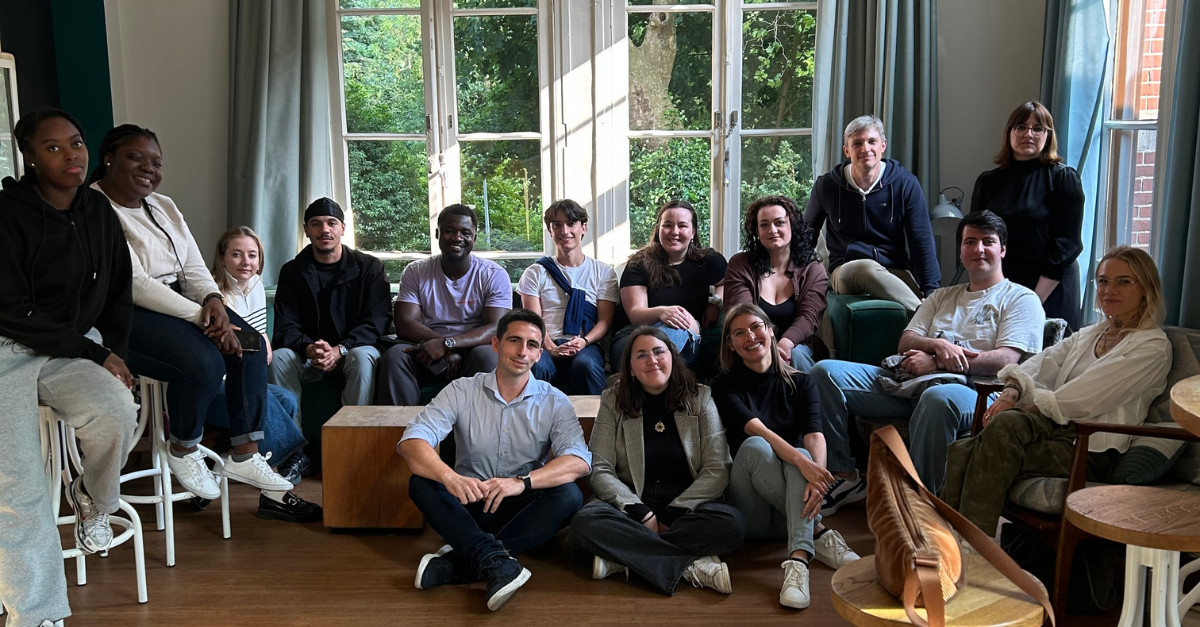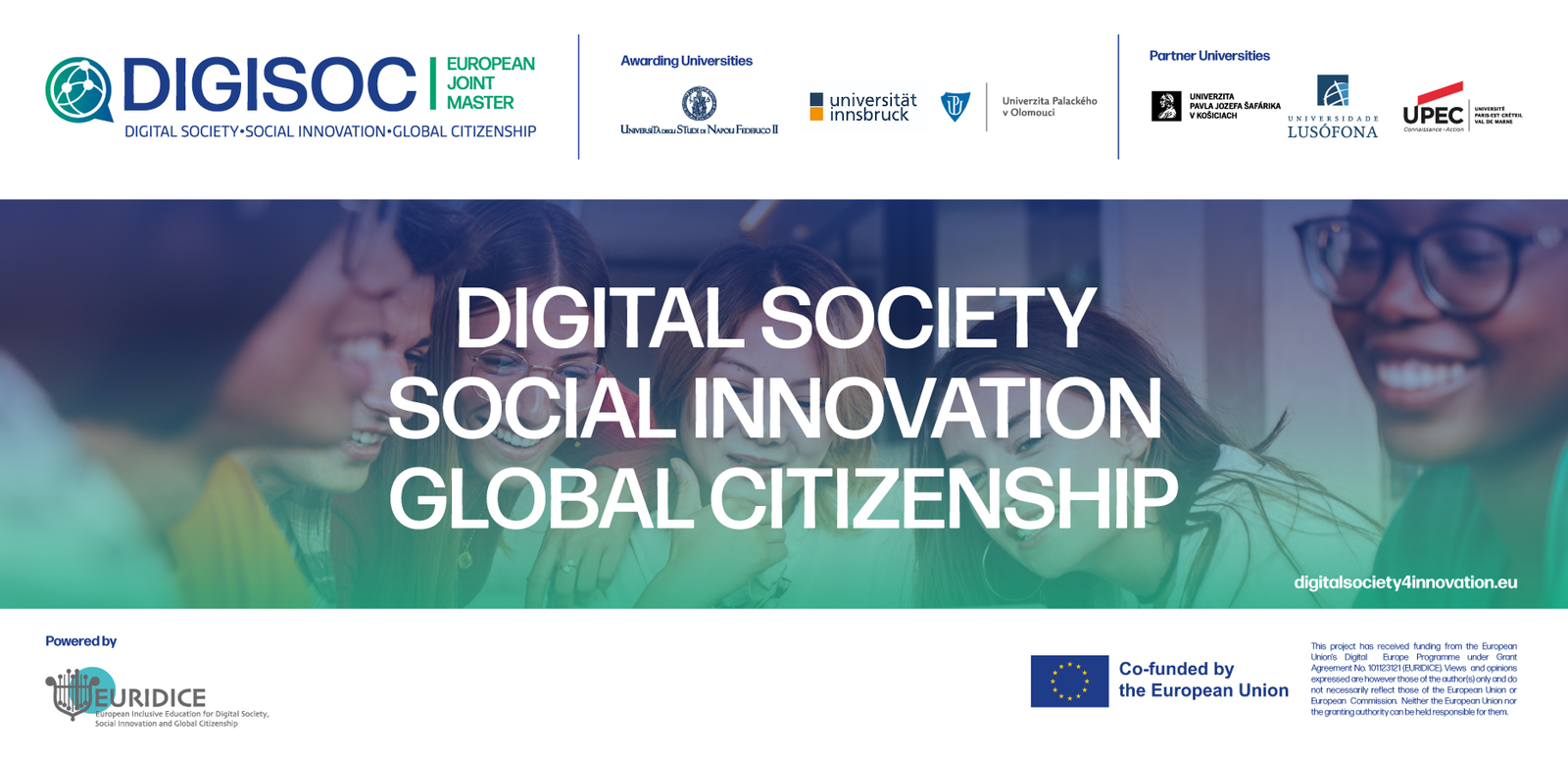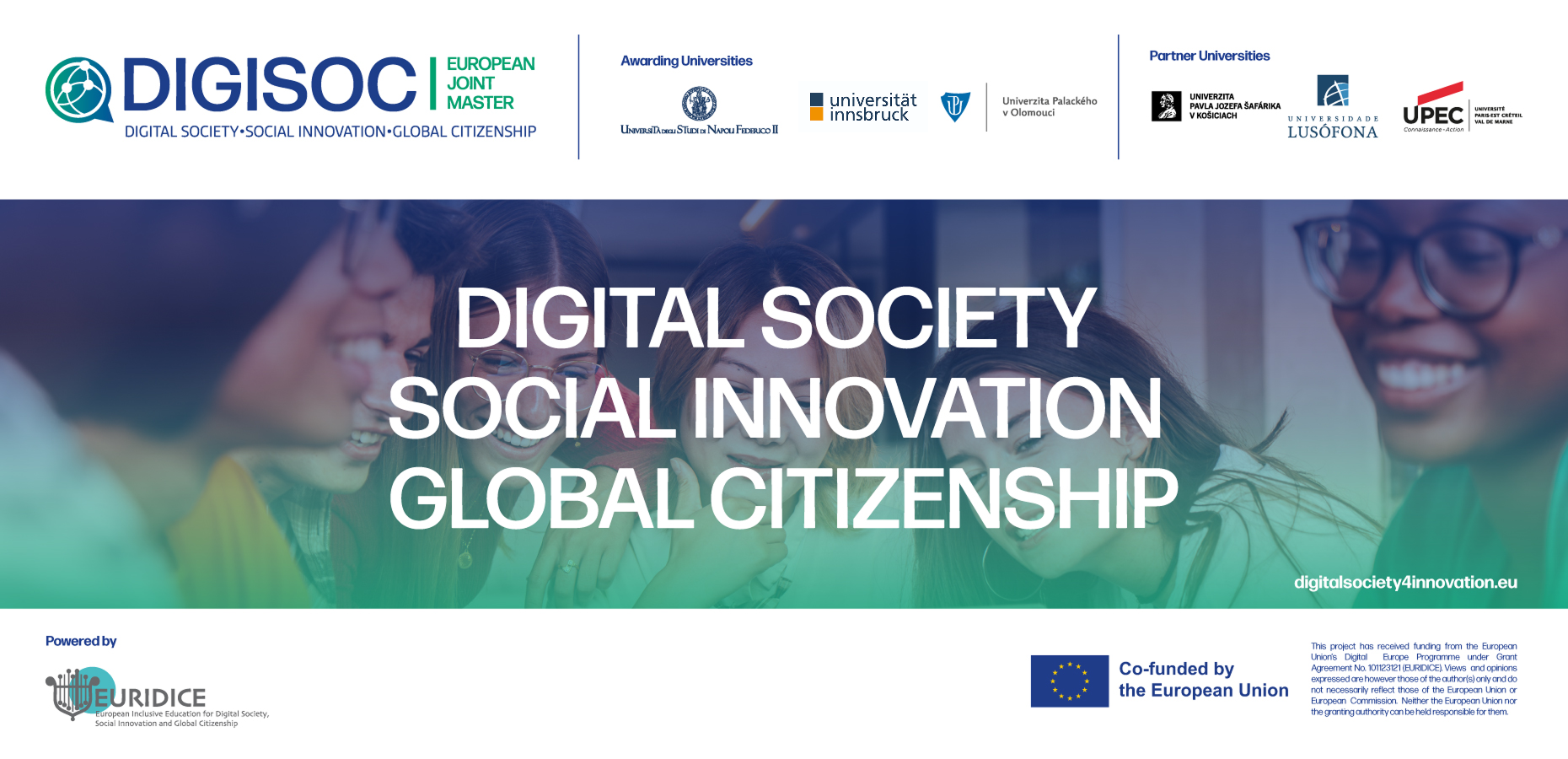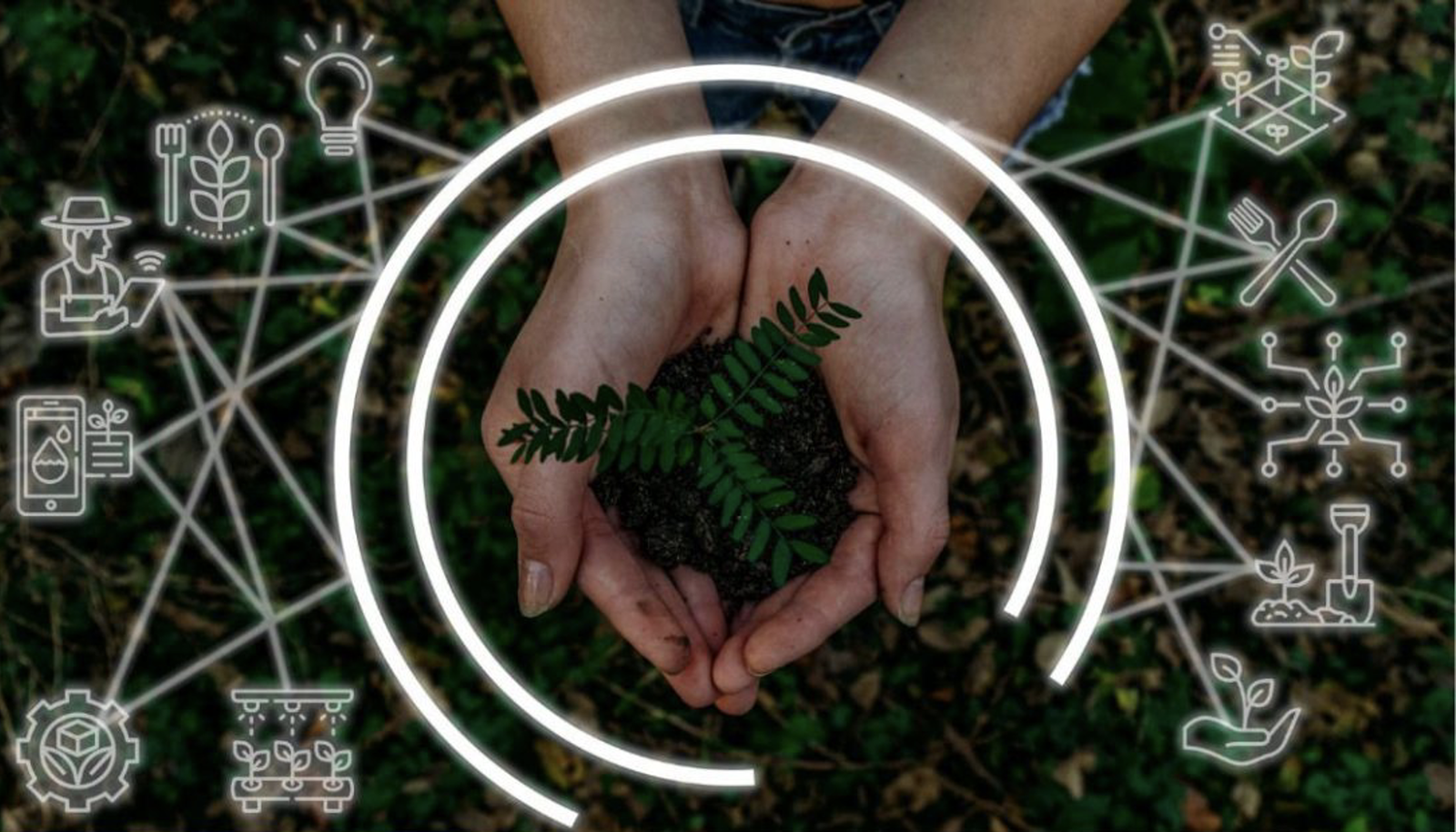Challenges in Europe: Student Conference at the Vrije Universiteit Amsterdam
Organised within the activities related to Aurora educational hub Cultures: Identities and Diversities, this third edition of the course on Challenges in Europe culminated with a Student Conference from 4 to 6 June 2025 at the Vrije Universiteit Amsterdam.
Challenges in Europe is one of the two courses that make up Understanding Europe, a joint educational programme offered within Aurora. This year, it was realised in cooperation with the University of Duisburg-Essen (UDE) and the Università Federico II of Naples (UNINA), and was highly appreciated by participating students.
 Instructors, staff and students in the Challenges in Europe course at Vrije Universiteit Amsterdam
Instructors, staff and students in the Challenges in Europe course at Vrije Universiteit Amsterdam
Addressing European Issues Through Challenges in Europe
The main objective of the Challenges in Europe activities was to present and have students address some of the most relevant challenges that Europe is facing and will face in the near future. To meet this objective, the course is subdivided into two tracks on Sustainable Tourism instructed by UDE, and Imag(-ing) Cities instructed by UNINA. The course started on 14 April 2025 with an introductory lecture on the general objectives of the course and specific thematic in-depth studies. It further included a didactic phase consisting of 6 online lectures, and concluded with in-person activities organised from 4 to 6 June 2025.
To this end, students had the opportunity to choose a track related to a specific United Nations Sustainable Development Goal (SDG), with a focus on SDG 11. Sustainable Cities and Communities and SDG 12. Responsible Consumption and Production. They were then able to delve deeper into the topic and analyse diverse case studies of contributions from different disciplines.
In total, the course had 7 instructors, with two coming from UDE (Florian Freitag and Zohra Hassan-Pieper) and 5 from UNINA (Francesca Scamardella, Benedetta Toledo, Giovan Giuseppe Monti, Francesco Casalbordino, Maria Fierro). 12 students from five Aurora universities UDE, UNINA, Universität Innsbruck, Université Paris-Est Créteil (UPEC) and Vrije Universiteit Amsterdam, attended the course.
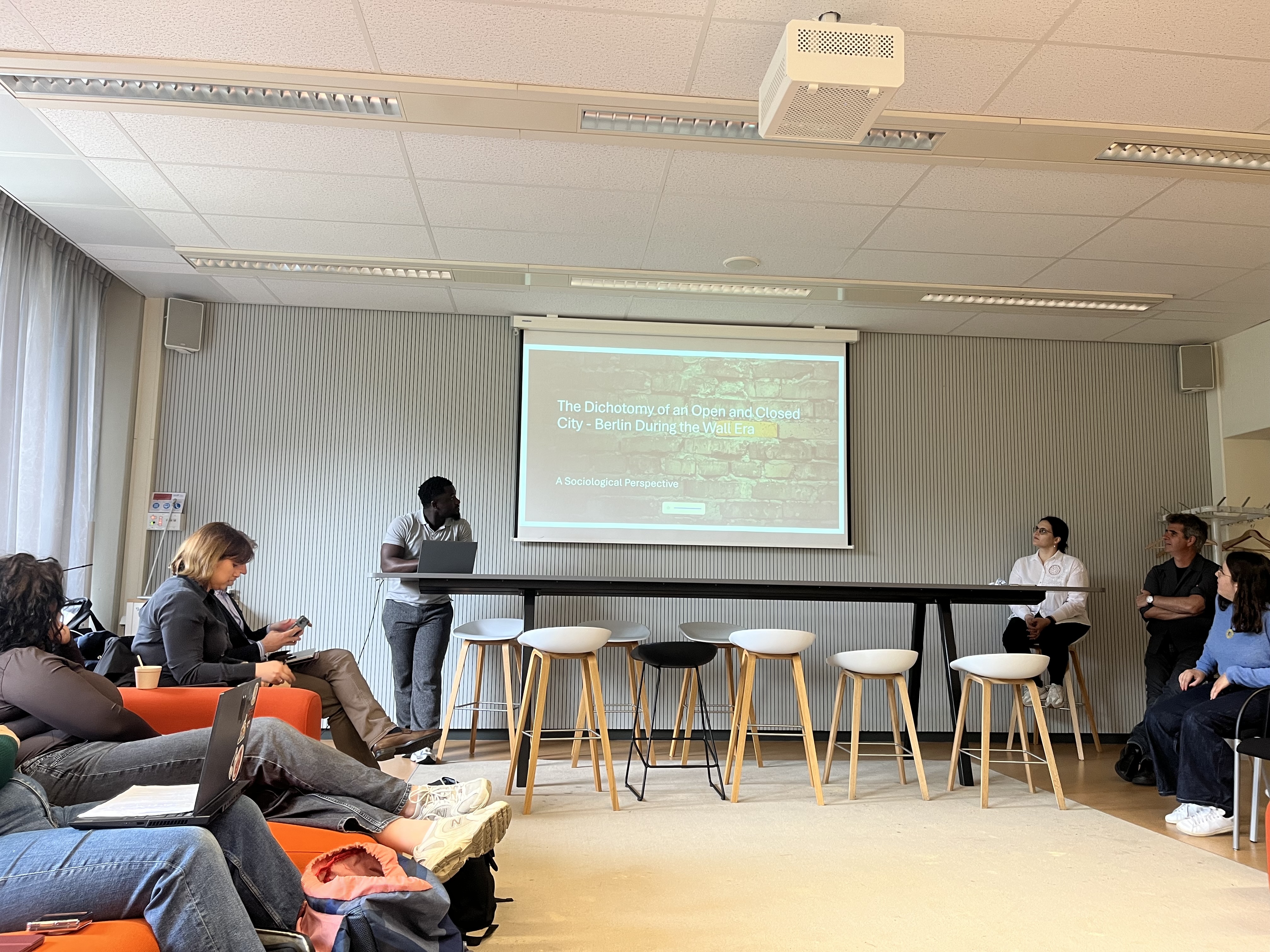
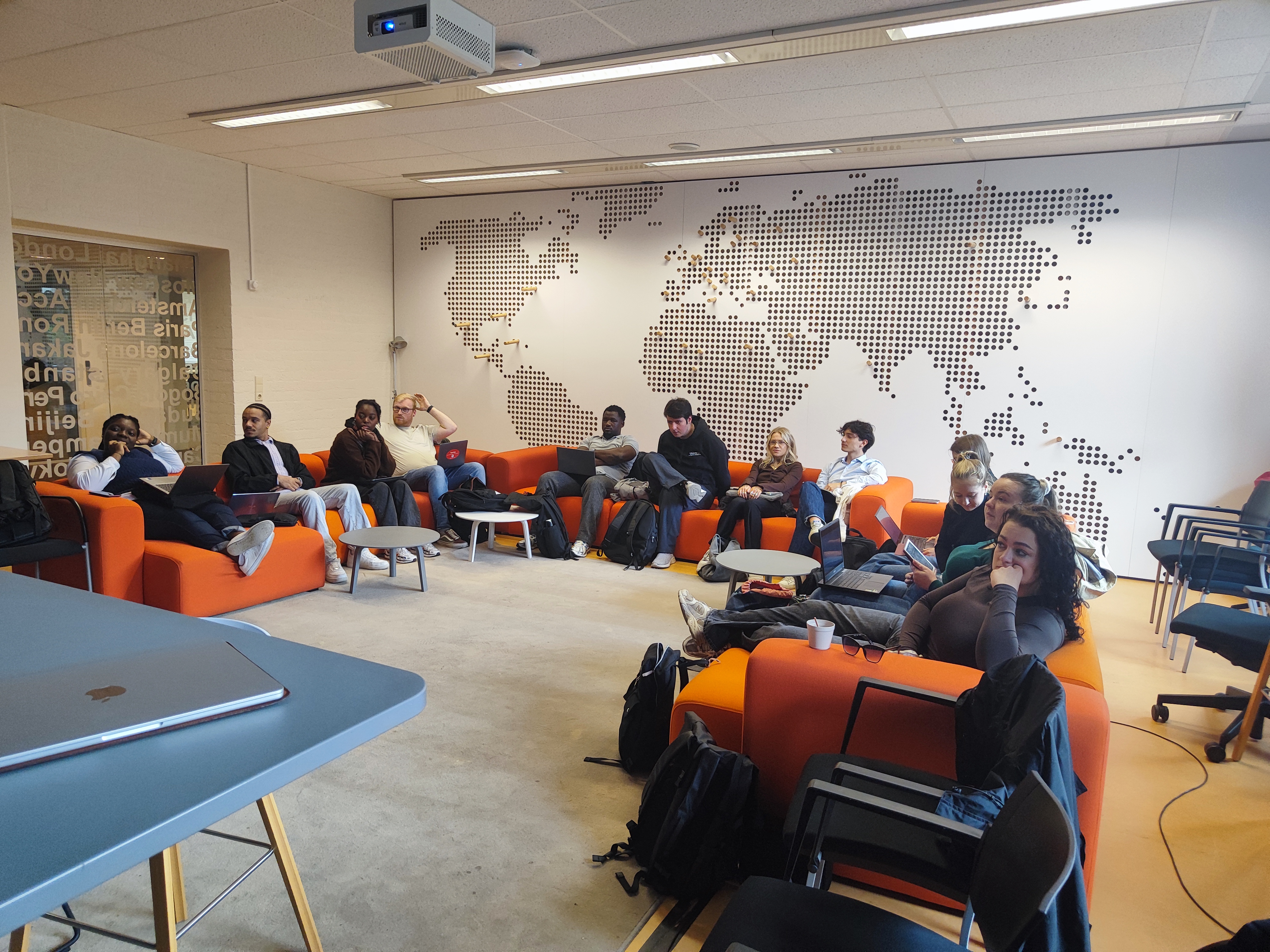
Diversity In Learning Approaches
Under the supervision of the instructors, students first developed their own research projects on their chosen topics. Then, they carried out a workshop activity with the aim of working together by sharing new approaches and methodologies across the diverse topics. The combination of support from Aurora universities, lecturers and the active participation of students ensured that the course resulted in high-level training, knowledge acquisition, and growth in personal development. The course was also an important moment of international networking, where multicultural and transdisciplinary approaches allowed critical, unprecedented and stimulating perspectives to be opened up for the challenges ahead.
